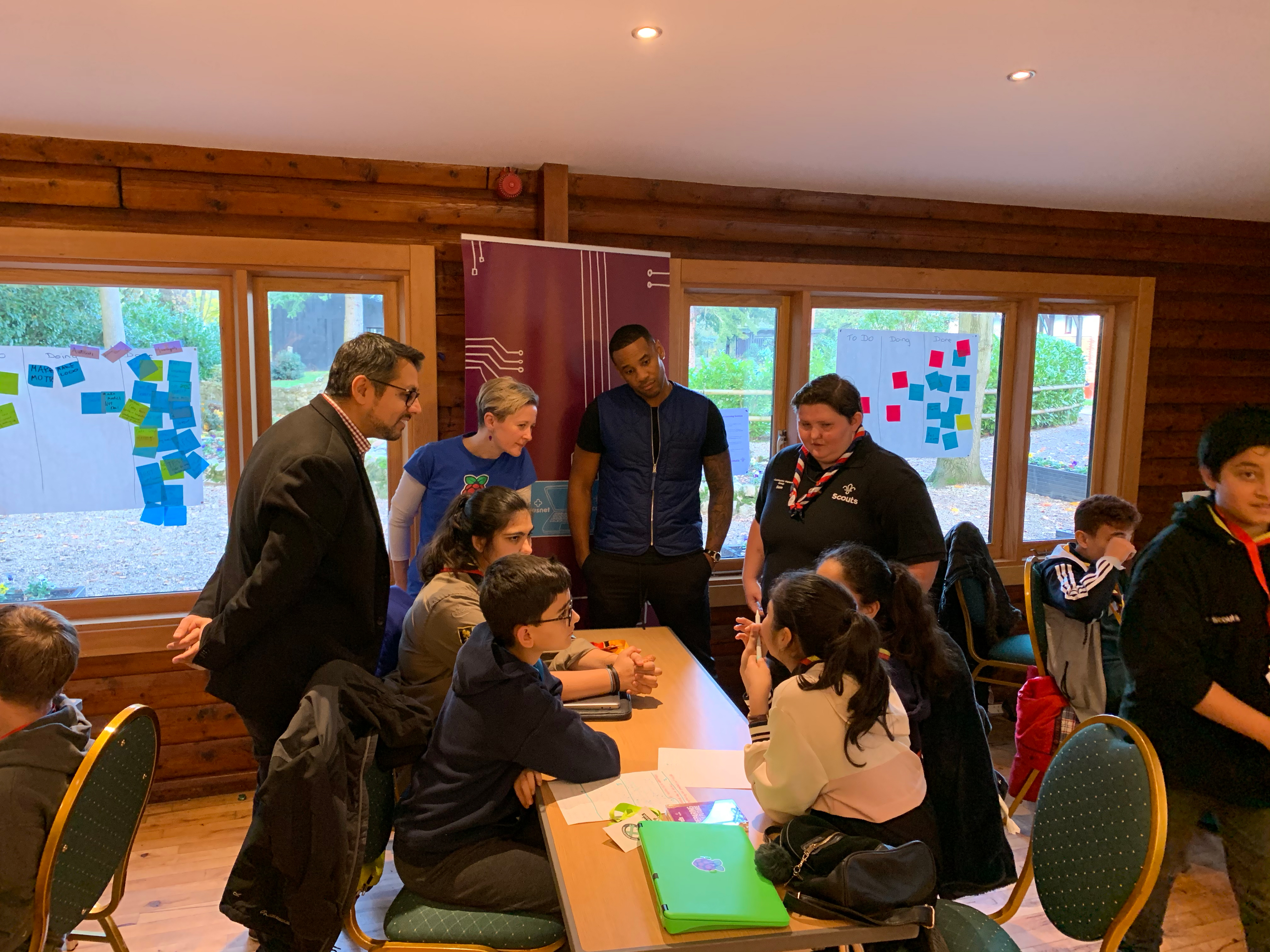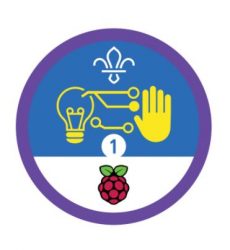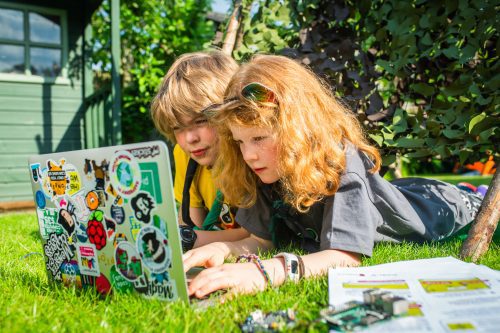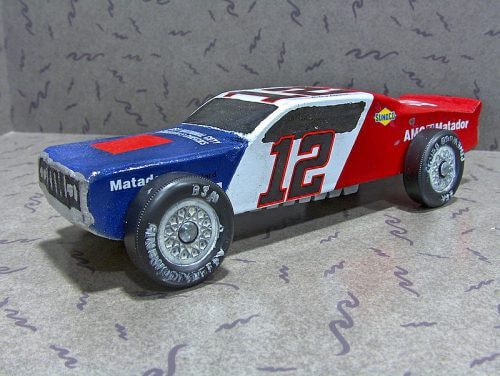Schlagwort: Scouts
-

Social Action Hackathon with the Scouts
Reading Time: 4 minutesWhen you think of the Scouts, do you think of a self-sufficient young person with heaps of creativity, leadership, initiative, and a strong team ethic? So do we! That’s why we’re so excited about our latest opportunity to bring digital making to young people with the world’s leading youth organisation. On 9…
-

UK Scouts! New resources to support the Digital Maker badge
Reading Time: 2 minutesSix months ago, we announced our partnership with the Scout Association in the UK: we launched the new Digital Maker Staged Activity Badge, releasing new badge requirements, along with resources for stages 1 and 2, to help tens of thousands of young people learn how to create with technology. Fun fact: when…
-

Working with the Scout Association on digital skills for life
Reading Time: 4 minutesToday we’re launching a new partnership between the Scouts and the Raspberry Pi Foundation that will help tens of thousands of young people learn crucial digital skills for life. In this blog post, I want to explain what we’ve got planned, why it matters, and how you can get involved. This is…
-

Raspbery Pi-newood Derby
Reading Time: 3 minutesAndre Miron’s Pinewood Derby Instant Replay System (sorry, not sorry for the pun in the title) uses a Raspberry Pi to monitor the finishing line and play back a slow-motion instant replay, putting an end to “No, I won!” squabbles once and for all. Raspberry Pi Based Pinewood Derby Instant Replay Demo…



